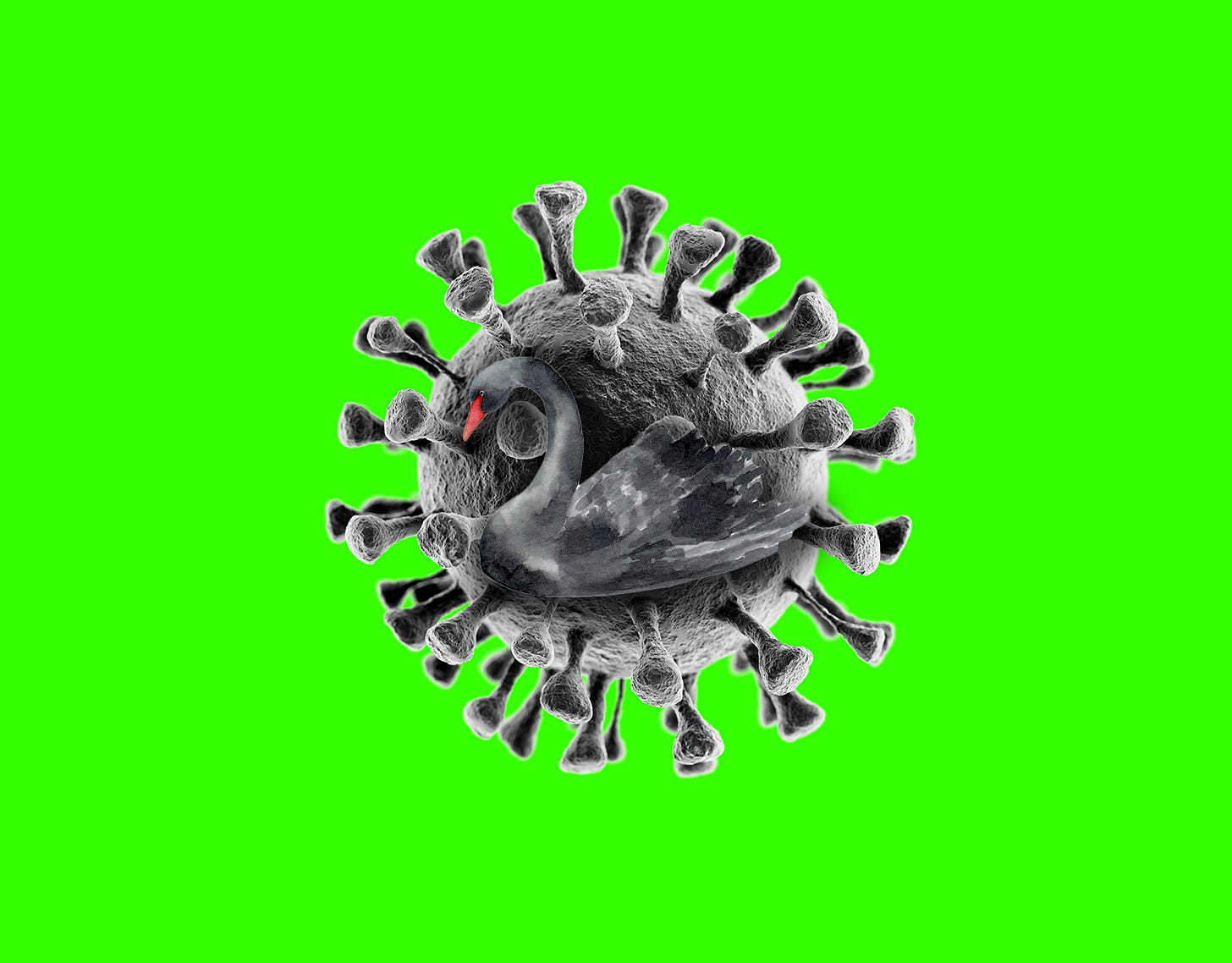Lies in a Time of Pandemic
When contagion starts, lies kill.
1. How to Manage an Outbreak
Last week, a reader sent me a passage from the end of John Barry's book The Great Influenza, which is generally regarded as the definitive history of the 1918 pandemic. Barry spent years of his life studying this one moment in history and it's fair to say that he understands it as well, or better, than anyone. And he came away with some very specific lessons for dealing with outbreaks. Here's one of them:
Of all the lessons from 1918, the clearest is that truth matters. A specialty among public relations consultants has evolved in recent decades called “risk communication." I don’t much care for the term. It implies managing the truth. You don’t manage the truth. You tell the truth. . . .Those in authority must retain the public trust. The way to do that is to distort nothing, to put the best face on nothing, to try to manipulate no one.
I want to put that in contrast with the constant lies Donald Trump has foisted on the public since the very start of this crisis:
He lied about how the outbreak was progressing for nearly three months.
He repeated the lies of the Chinese government, over and over, boosting Chinese propaganda while dismissing the conclusions of American officials.
He lied about the nature of his "travel ban" with China, which allowed travelers from China to arrive in the U.S. daily.
He lied about the availability of testing, which is the single most important weapon we have for fighting contagion.
I mention this not to fixate on Trump's deficiencies as a leader, but to highlight that he is actively making the situation worse. In a time of pandemic, truth is a tool to fight infection. Lies contribute to the spread.
2. Hillary?
Over the weekend, Max Boot wrote a column arguing that one of the reasons Hillary Clinton was a preferable candidate to Donald Trump in 2016 is that she would have handled the COVID-19 pandemic better. Let's leave aside whether or not Boot is correct and look at this question as a hypothetical. My Trump-loving friends have often asked me, "If the election was tied and your vote was the decisive factor, who would you have voted for?" And that's a fair enough hypothetical. So here's a hypothetical for Trump supporters: If it could be proven to your satisfaction that Hillary Clinton would have done a better job handling the COVID-19 crisis, then in retrospect, would you have preferred her to Trump? Let's grant that this is a pure hypothetical. There's no way to know. This is an intellectual exercise. Yadda yadda yadda. But still: If you voted for Trump in 2016 and were convinced today that Clinton would have handled this pandemic—with all of the ramifications it will have, globally—better than Trump, then would you still think that, on balance, the benefits of the Trump administration outweighed the costs? I would hope not. But then, I've often been surprised over the last four years.
3. Pizza
I know. A depressing read today. But then there's this: A story about my favorite pizza place in all of New Jersey—Federico's. I've been going to Federico's, in Belmar, New Jersey, since I was a kid. I had dinner there two weeks ago, actually. Fantastic pizza, great people. But I never realized just how great:
Please consider ordering from Federico’s on Main Street . . . because owners Bryan and Michael Morin did something so generous last week, they deserve some good karma . . .
When Gov. Phil Murphy ordered that restaurants close their dining rooms, they knew that they would no longer need most of their employees with the decline in business that was certain to follow. But they also believed that it was unfair to the men and women they considered their second family to hand them pink slips during these tumultuous times.
So Bryan Morin went to the bank, took out a $50,000 line of credit, and made the 20 employees on Federico’s payroll a promise: No matter what happens over the next two months, they would still receive a paycheck.
“My father told us a long time ago: You’ve got to take care of your employees first, because without those employees, you don’t have a business at all,” Morin said. “I definitely owe them a debt -- even if it means I might go into debt.”
Read the whole thing. God bless the Morin's. And God bless the great state of New Jersey.



